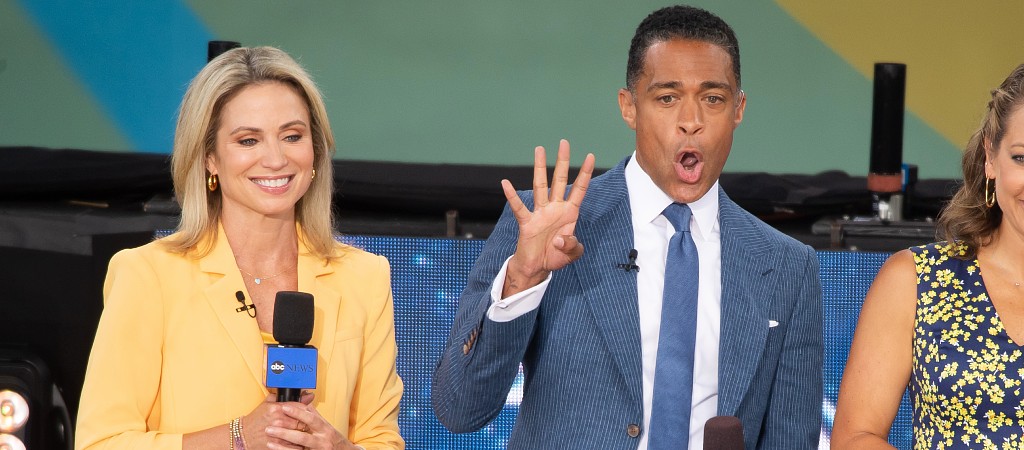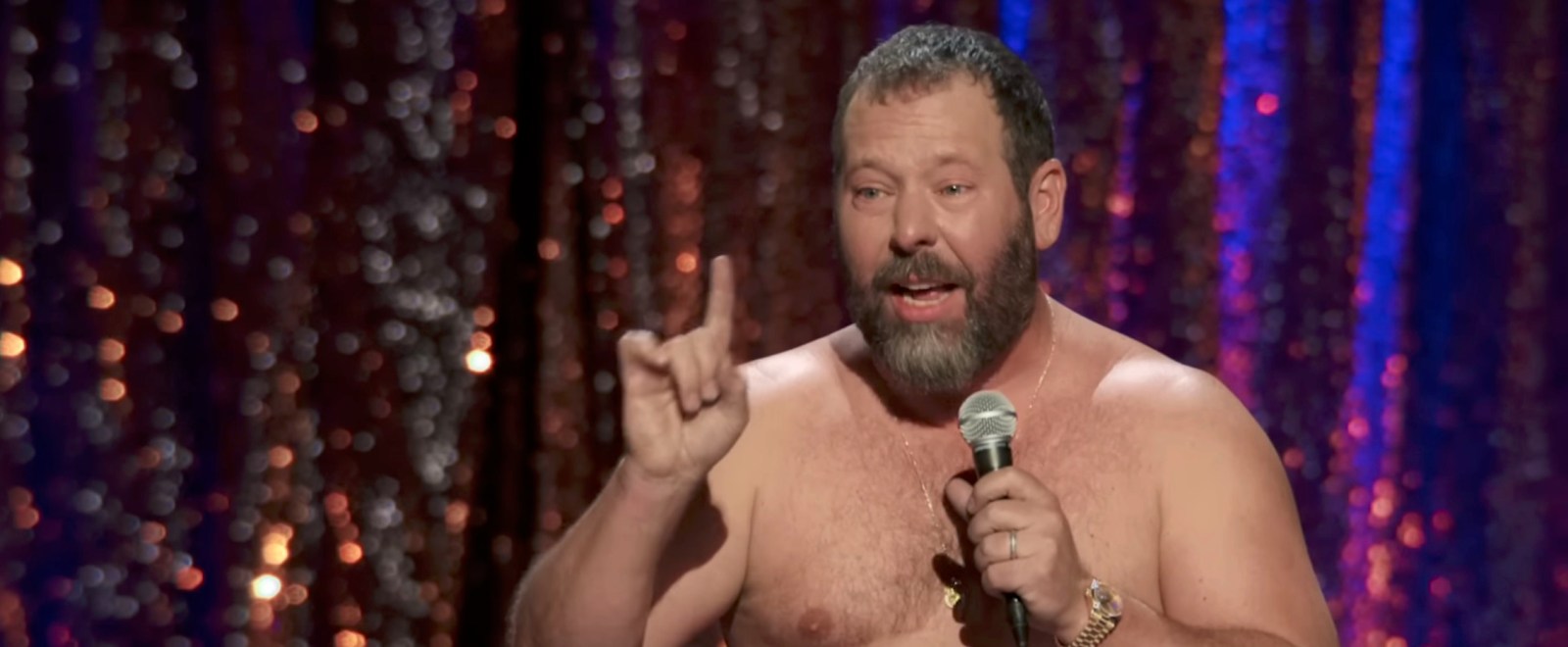
Douglas Scott grew up on Washington’s Olympic Peninsula in the dying shadow of the timber industry that had supported the region for decades.
“Nearly every home had a bright orange or yellow sign reading ‘This home supported by timber dollars,'” Scott wrote on Outdoor Society.
While the region has also been recognized for its succulent seafood, temperate climate, and stunning natural formations, nothing shaped the community — or the physical landscape — quite like logging did.

The tension in the air between the loggers and the environmentalists throughout the 1980s was thicker than the trees being cut down.
“I heard from old timers in the Harbor about how environmentalists were ruining the region, and I was told by environmentalists that loggers were killing everything in sight,” Scott recalled.
But to understand the full impact of deforestation on the region, it helps to take the bird’s eye view.
Here’s a satellite image of the Olympic Peninsula from 1984. The white region in the center are the mountaintops in Olympic National Park; you’ll also notice the grey and brown areas along the western and northern coasts of the peninsula.

“When I moved away from the area in 1997, there wasn’t much of a logging or mill economy in dozens of towns around the region,” Scott said.
By that time, tourism had begun to take the place of timber as the region’s major industry — which was probably helped along by the fact that the trees were slowly but surely starting to recover, enhancing the already stunning vistas that drew visitors.
Here’s how the Olympic Peninsula looked by the time that Scott and his family left the area; you’ll notice the western and northern coasts are just a little bit greener than they were 13 years prior…

Those great green arbors continued their gradual recovery into the 2000s…

And they’re still going today.

But those isolated moments don’t tell the whole story of the region’s recovery. It’s even more remarkable when you can see it in action…

We don’t always notice the world changing right before our eyes, but the decades-long view of the Olympic Peninsula shows the true power of nature.
It’s not just the trees, either; according to Scott, the replenished forests have also had a positive impact on the local salmon population and other treasured natural resources.

That doesn’t mean we shouldn’t use the natural world, of course. We still need wood, for example, but now we know there are sustainable ways to use it without recklessly damaging to the planet.
The Earth was built to take care of itself. We just need to let Mother Nature do her thing.
This article originally appeared on 12.22.16



 (@gagadrivers)
(@gagadrivers)  (@rockyredpanda)
(@rockyredpanda)  (@_ivyodessa_)
(@_ivyodessa_) 












 (@barefootboomer)
(@barefootboomer) 